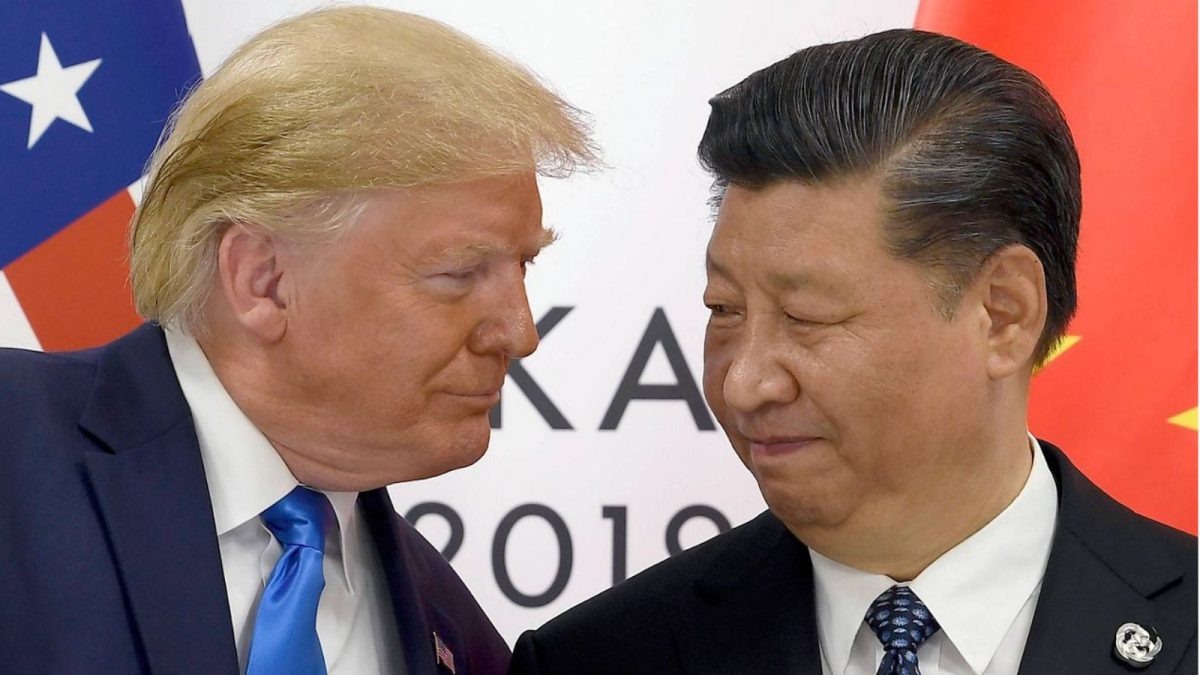The fate of TikTok, a major player among global social media platforms, seems to be approaching a critical juncture as negotiations between Washington and Beijing move toward a much-anticipated deal.
In the past few years, TikTok has become the focal point of a geopolitical conflict that transcends viral content and entertainment trends. This platform, under the ownership of the Chinese entity ByteDance, has evolved into a worldwide sensation, gathering hundreds of millions of users and transforming digital culture across different regions. However, its immense success has sparked political, security, and economic discussions spanning from the United States to Asia, Europe, and elsewhere. Currently, the spotlight is on former U.S. President Donald Trump and Chinese President Xi Jinping, as they are anticipated to finalize a deal that might not only alter TikTok’s operations but also reshape the broader technological relationship between these two countries.
What makes this moment particularly significant is the complexity of the issues at stake. For Washington, concerns have long revolved around data security, user privacy, and the potential influence of a Chinese-owned platform on American society. For Beijing, the matter involves defending national business interests and asserting its position in the global technology race. The negotiations between Trump and Xi are therefore not only about a single app but also about broader questions of trust, sovereignty, and the balance of power in the digital age.
A platform caught in the middle of global politics
Since its rapid ascent, TikTok has evolved beyond merely being a platform for brief clips. It has emerged as a venue for talent to flourish, for companies to connect with fresh demographics, and for cultural phenomena to disseminate quicker than ever. Yet, the aspects that contributed to TikTok’s triumph have also generated concern. Critics in the United States have contended that the app might offer Beijing unique access to the private information of American residents, which could jeopardize national security.
For several years, this concern has inspired political discussions, with representatives, regulatory bodies, and government authorities advocating for tighter rules or complete prohibitions. Meanwhile, TikTok’s executives have repeatedly refuted claims of misconduct, highlighting their dedication to protecting user information and maintaining openness in how they operate. Still, the app’s association with ByteDance and the wider Chinese technology sector continues to fuel the debate, turning it into a central issue in the ongoing strained U.S.-China relations.
Economic stakes and digital sovereignty
The discussions occurring today transcend purely political matters, encompassing economic aspects as well. TikTok is responsible for generating billions in advertising income and has transformed into a vital resource for entrepreneurs and small enterprises. For the United States, securing an agreement that guarantees local oversight of data management and activities could enable the app to keep benefiting the economy without posing a security threat. For China, maintaining TikTok’s presence in the U.S. market protects a significant business interest and ensures that one of its most successful global digital products is not dismantled in foreign territories.
The concept of digital independence is a significant focus in these discussions. Nations globally are growing more resolute in safeguarding their citizens’ information and establishing definitive guidelines regarding the operations of foreign technology firms within their territories. The TikTok situation highlights the challenges of maintaining a balance between transparency and protection, creativity and oversight, along with worldwide connections and domestic priorities. Any deal struck by Trump and Xi today is expected to set an example for resolving comparable conflicts going forward.
The road to an agreement
Discussions between Washington and Beijing regarding TikTok have been lengthy and fraught with obstacles. At different points, the possibility of forcing ByteDance to sell its U.S. operations, banning the app altogether, or allowing it to continue with stricter oversight have all been on the table. Each option came with its own complications, ranging from legal challenges to resistance from the app’s vast user base.
The expected agreement indicates that both administrations have acknowledged the necessity for a settlement. For the United States, this might imply securing greater oversight over data handling and storage, potentially through collaborations with local companies. For China, it permits ByteDance to maintain possession while agreeing to conditions that alleviate some of Washington’s critical issues. Although the precise terms of the deal are still confidential, the involvement of both Trump and Xi highlights its significance at top political tiers.
The response from the general audience and the technology sector will be quite revealing. Those who use TikTok, those who create content on it, and companies that depend on it will be keen to learn about the platform’s potential stability in the United States. Shareholders and rivals will pay close attention, as the results might affect stock prices, business tactics, and the framework of rules governing other social media services.
The settlement of this long-standing concern has significance extending far beyond TikTok. It serves as an examination of how two of the biggest global economies can address conflicts in the digital arena while safeguarding their own priorities. As technology keeps advancing and moving across borders effortlessly, the difficulty of harmonizing innovation with security will only grow. If concluded today, this agreement will represent a crucial moment in that continuing saga.




